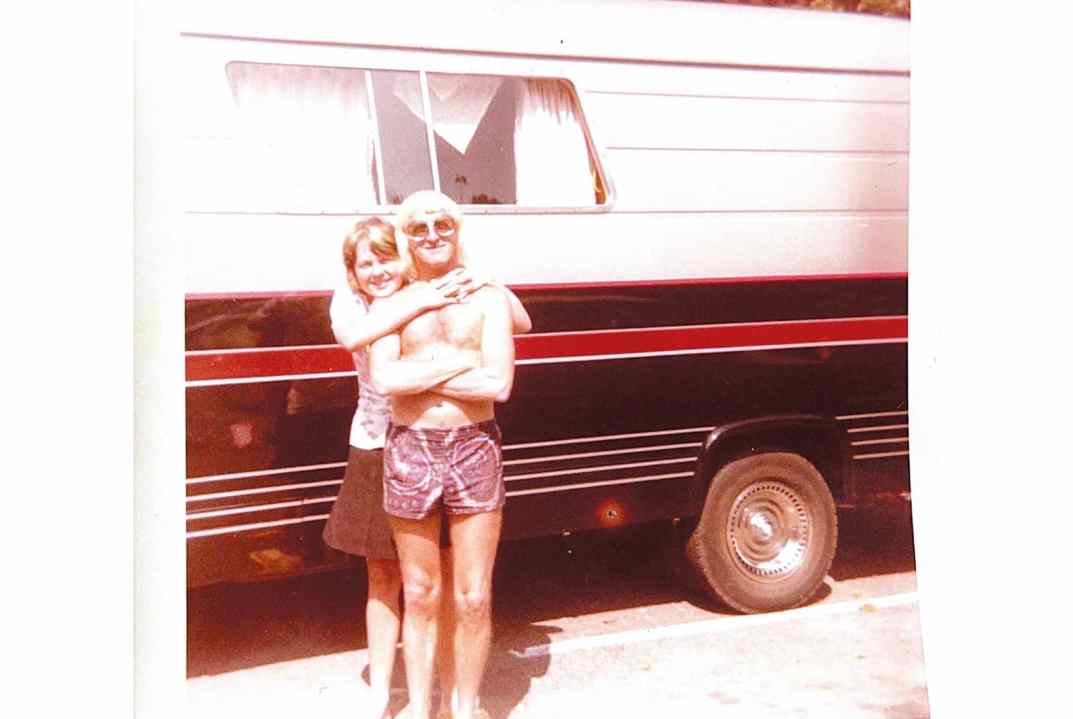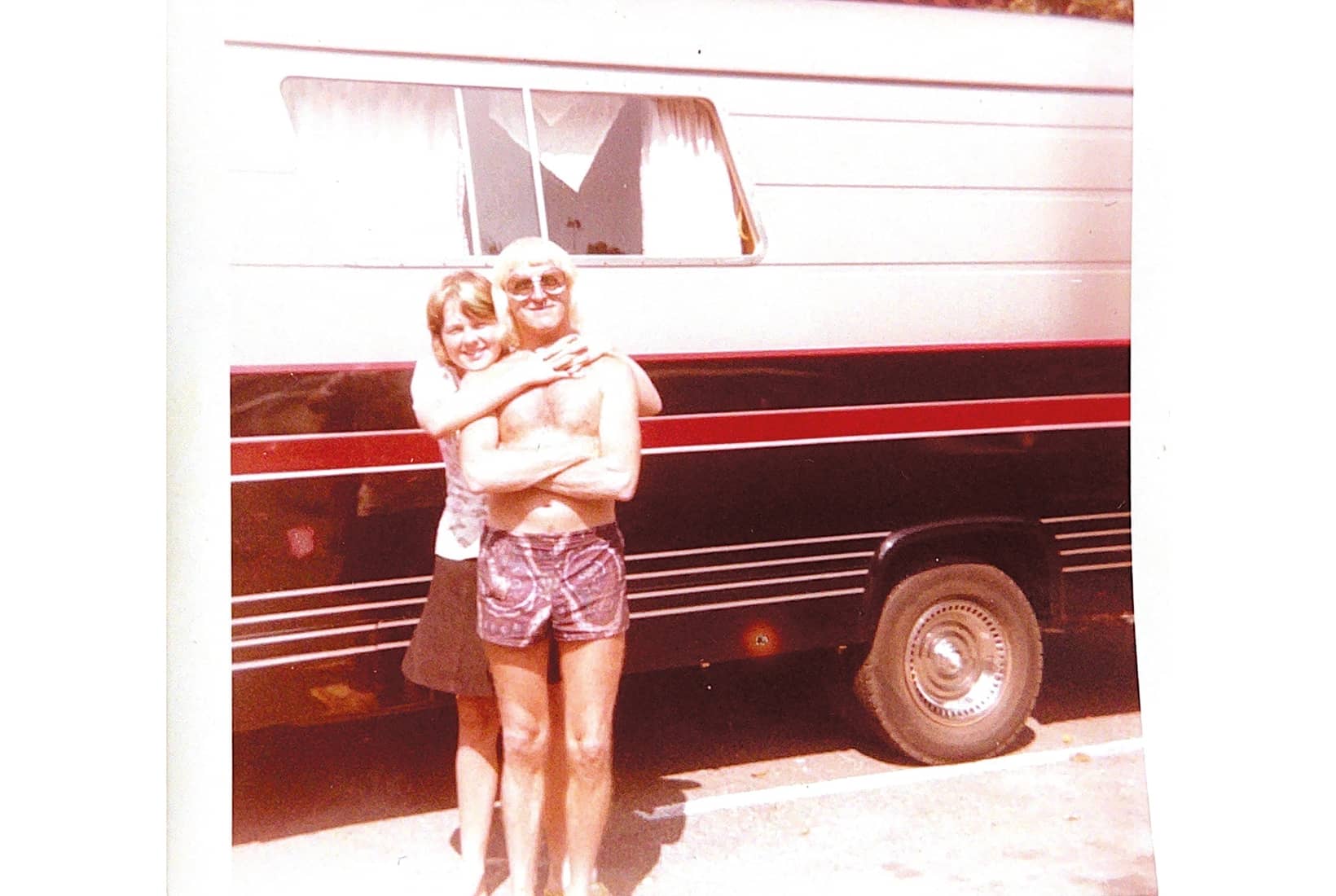One day in 1975 the Israeli cabinet found themselves being lectured on the most intractable political problem of our age — how to bring peace to the Middle East — by a peculiar white-haired British entertainer wearing a pink suit with short sleeves. His name? Jimmy Savile.
That’s how he told it anyway. Remarkably, witnesses back up the generality if not the specifics of the anecdote. Savile indeed visited the Holy Land in 1975. And he did talk to the Israeli president Ephraim Katzir, saying (so he claimed): ‘I’m very disappointed because you’ve all forgotten how to be Jewish and that’s why everyone is taking you to the cleaners.’
Jimmy Savile’s life was, in every respect, eye-popping, and full of pitfalls for the dramatist or director: how best to summon it all up, without letting his crimes and bewildering conduct become a form of cheap entertainment? By using actors? Or by getting someone who was there to tell the story?
This creative dilemma — how do you solve a problem like Jimmy? — has been exercising the minds of TV’s finest for some time as there are six shows about Savile, or featuring him, streaming or imminent: two dramas and four documentaries.

Get Britain's best politics newsletters
Register to get The Spectator's insight and opinion straight to your inbox. You can then read two free articles each week.
Already a subscriber? Log in








Comments
Join the debate for just $5 for 3 months
Be part of the conversation with other Spectator readers by getting your first three months for $5.
UNLOCK ACCESS Just $5 for 3 monthsAlready a subscriber? Log in